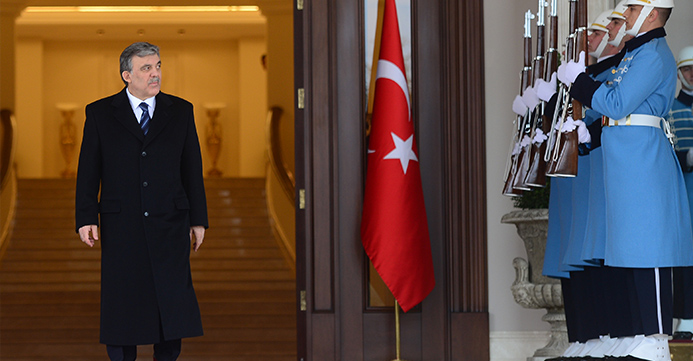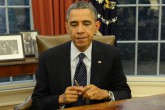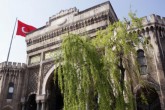Shortly after the March 30 local elections, Turkey began to discuss the presidential election as well as the quest for a new political system. The possibility of transforming the political system to either a presidential or semi-presidential one occupies a large place on Turkey’s agenda. This aspect of the problem is the sharing of authority between the president and the prime minister. The results of the local elections show that Prime Minister Recep Tayyip Erdogan has the possibility of being elected president if he wants. It is also on the agenda to change the electoral system by introducing the method of single-member districts, or the first-past-the-post election system.
In this column, I do not intend to discuss who will be president or prime minister. I care more that the debates of the presidential election are based on criticism of authoritarianism. To be sure, one reason for the increase in debate of authoritarianism is Erdogan’s high chances of nominating someone or himself for president. As we know, those who are dissatisfied with the AK Party’s 12-year rule previously initiated a discussion of civil authoritarianism in 2007 and particularly 2009 when Erdogan defended Palestinians in a verbal clash with the Israeli President Shimon Peres in Davos. As the AK Party grew stronger in politics, criticism of authoritarianism increased in parallel. As the AK Party and Erdogan become more effective in deciding Turkey’s future, they are accused of authoritarianism. The use of such concepts as post-modern authoritarianism, competitive authoritarianism, electoralism and delegative democracy reveal the corruption of Turkish democracy. What is worse, there are some people who claim that if an AK Party candidate is elected president, a stricter authoritarianism will emerge. This discussion of authoritarianism which is directed toward the AK Party is in a way a discussion of democracy. It is a discussion of how to resolve the anomaly which first came into existence with the 1982 Constitution and then with the 2007 referendum. From this perspective, it is an essential discussion.
The efforts to restrict Erdogan are made by those who think the new Turkey will not be under AK Party rule for much longer.
This political attempt is surely legal and apprehensible. But what is troublesome are those political figures who regard Turkey as if it has only recently transitioned to a multiparty system. It would be naive for the ruling party not to exercise its authority and to accept the reconciliation in accordance with the demands of the opposition party. Therefore, we have to wait for the consolidation of Turkish democracy after it confronts the reality of polarization. The dialogical process that will strengthen democracy will make progress through these discussions.
Instead of reflecting the reality, these statements constitute the reasons for power struggles among the elite. However, these situations should not be permitted to undermine Turkey’s need for democracy. In other words, the process of consolidating Turkish democracy is not yet over. As the Dec. 17 operation shows, the consolidation of democracy must be carried out through simultaneous amendments in various fora. Following the general elections in 2015, Turkey has to complete its reconciliation process with the Kurds, reinforce the local administrations and initiate further democratization initiatives for Alevis and non-Muslims. Turkey must take further initiatives in its foreign policy, especially on Cyprus and Israel. It needs to have political determination for the progress of EU accession. There is also a need to reconstruct the police force and judicial bodies in a democratic way. And it is vital to abolish the Gülen Movement’s structure. These discussions of democratization will find sound ground with the normalization of our political system.
[Hürriyet Daily News, April 25, 2014]
In this article
- Domestic Policy
- Opinion
- 1982
- 2007
- 2009
- 2014
- 2015
- Cyprus
- Elections
- European Union (EU)
- Israel
- Local Elections
- March 30 local elections
- Middle East
- Muslim
- Normalization
- Opposition
- Palestine
- Prime Minister
- Recep Tayyip Erdoğan
- The Gülen Movement
- The President of the Republic of Türkiye
- Turkish Local Elections
- Turkish President
- Türkiye's Justice and Development Party | AK Party (AK Parti)



